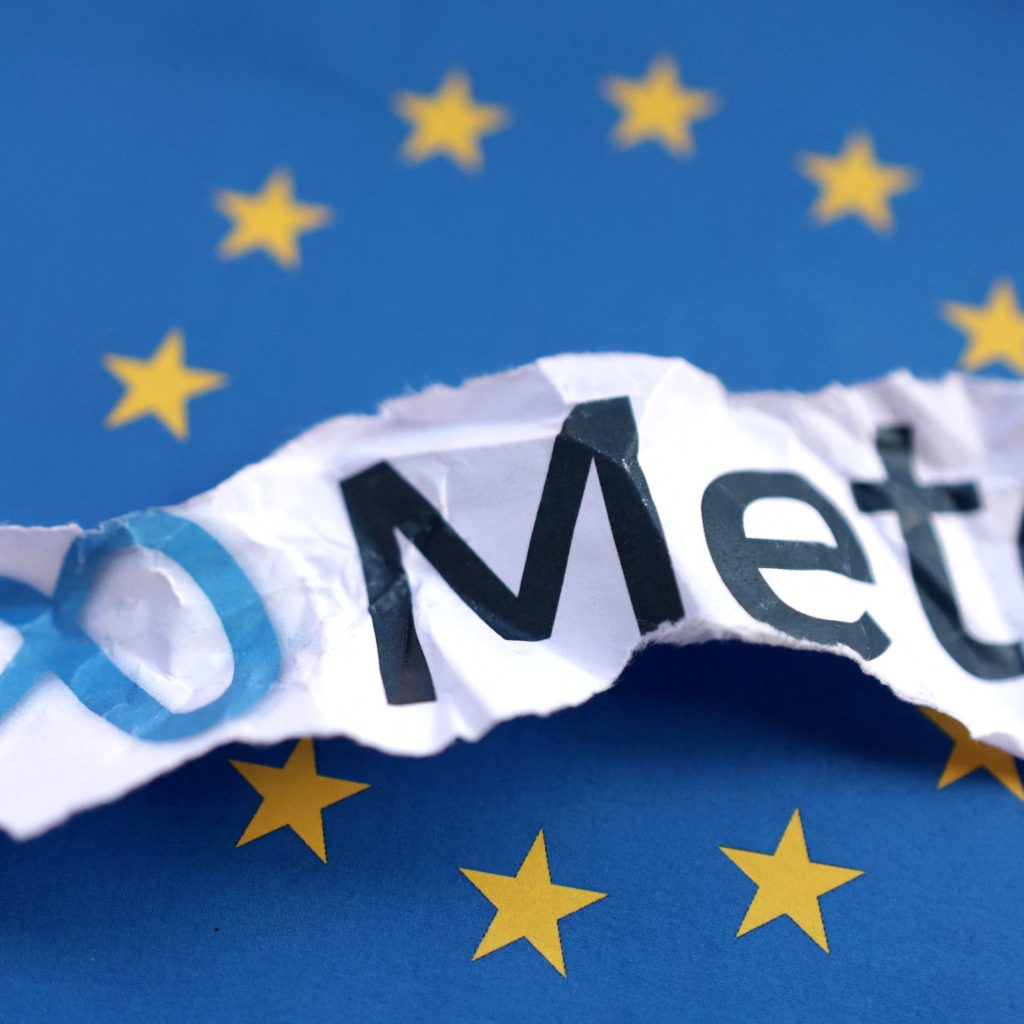Artificial Intelligence (AI) has swiftly transitioned from an exclusive domain of tech elites to a ubiquitous presence in most individuals’ lives. AI, from health apps to social media platforms, is omnipresent, shaping interactions and experiences across various domains. However, this widespread integration raises the imperative for transparent communication regarding its utilization.
Proactive disclosure efforts by companies
Companies navigating the AI landscape face the challenge of articulating their AI applications transparently. Recognizing this necessity, some firms proactively disclose their AI practices to foster user understanding and trust. Intuit, a prominent technology company, has embraced AI integration across its product spectrum, offering generative AI assistants in platforms like TurboTax, QuickBooks, and Mailchimp.
Despite the exponential growth of AI adoption, concerns persist among consumers. While 42% acknowledge AI’s substantial impact on personal lives, 60% anticipate even greater ramifications within the next two years. However, only a minority (10%) express more enthusiasm than apprehension about AI, reflecting a pervasive sense of caution.
Companies like Intuit Mailchimp are championing responsible AI innovation in response to burgeoning concerns. Intuit’s proprietary generative AI operating system ensures data privacy while empowering users to leverage AI for tasks such as generating marketing content. Notably, the company exercises discretion in extending AI tools to specific industries, mindful of potential risks such as misinformation propagation or bias amplification.
Human oversight in AI implementation
Intuit Mailchimp underscores the enduring importance of human oversight in AI-driven processes. Despite AI’s growing capabilities, human expertise remains indispensable, particularly in domains where nuanced judgment and contextual understanding are paramount. Each piece of AI-generated content undergoes human review, reinforcing confidence and accountability in the final output.
Beyond individual companies, the technology sector embraces initiatives to enhance AI transparency. Platforms like TikTok and Meta are implementing labeling mechanisms to distinguish AI-generated content, fostering user discernment and trust. Similarly, Microsoft and Google have elucidated safeguards and revised algorithms to mitigate potential AI-related risks.
Combatting AI-driven misinformation
The proliferation of AI-driven content, including deepfakes, underscores the pressing need for robust measures against misinformation. Companies like Ceartas leverage AI models to combat online piracy and unauthorized content dissemination, emphasizing the importance of proactive intervention to safeguard digital integrity.
As AI advancements continue, stakeholders must converge on a comprehensive AI governance framework. Collaboration among industry players, academics, policymakers, and users is imperative to establish actionable guidelines for responsible AI deployment. Maintaining a vigilant skepticism towards AI capabilities, grounded in transparency and validation, is paramount as society navigates the evolving AI landscape.





